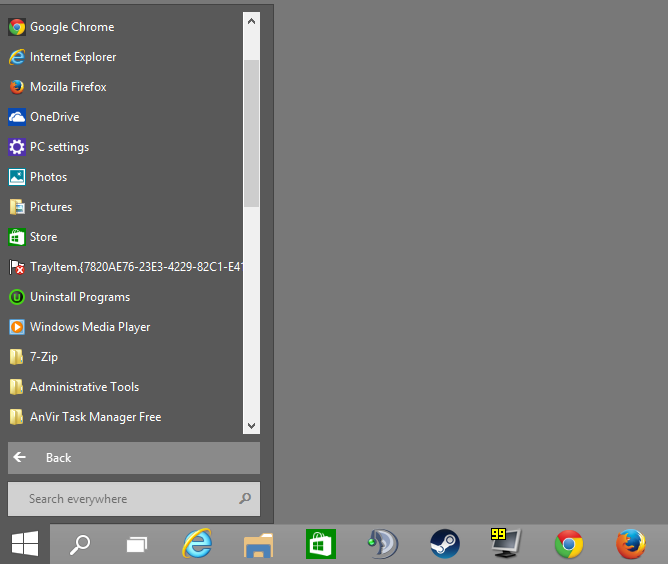Will you make the move to Windows 10?
Microsoft's Windows 10 operating system is coming out later this year if development does not take a hit between now and then.
The company announced previously that an upgrade to Windows 10 will be free on devices that run a legitimate version of Windows 7 or newer.
The offer is limited to the first year but once upgraded, Windows 10 remains free on those systems.
A free upgrade to Windows 10 is a huge incentive not only for users who don't like Windows 8.1 but also for those who do or are indifferent about it.
Windows 10 ships with features that previous versions of the operating system won't support. This includes DirectX 12 on the gaming side of things which according to Microsoft is a game changer performance-wise.
Then there is the new "Internet Explorer" known as Spartan which promises better performance, standards compatibility and extension support.
Other features that the company introduces in Windows 10, like Cortana, a revised start menu, virtual desktop support (Task View), overhauled notification system or easier upgrades to Windows 10 may also be interesting to some users.
There is still a chance that additional features are revealed by the company in the near future.
Will you upgrade to Windows 10?

Windows 10 start menu cleaned up
The real question however is if the free upgrade is enough for customers to upgrade to Windows 10.
I can see Windows 8.x customers upgrading to Windows 10. The operating systems, while not completely identical, are very similar in nature.
Sure, the start menu has been revised, the Charms bar is gone and there are a couple of other changes that users need to get accustomed to but the core is more or less the same. There is still a focus on apps and Windows Store even though it has been tuned down for desktop users by Microsoft ever since it released Windows 8.1.
The situation is different if you are using Windows 7. Moving to Windows 10 from Windows 7 is a sharp switch even though not as sharp as a switch to Windows 8 would be.
You get better customization options to disable or blend-out features that you are not interested in.
You can modify the start menu and remove all app tiles on it for example so that it resembles the Windows 7 start menu.
The store and apps don't need to be used really once you install or configure desktop programs to be default viewers for certain file formats.
Still, it will take a while before you get accustomed to Windows 10.
Who needs to update?

If you look at the operating systems that Microsoft supports currently, you will notice that there is no need to update to Windows 10 in 2015 or 2016.
Windows 7 is supported until January 2020 for example and Windows 8.1 until 2023. Support for Vista on the other hand runs out in April 2017, but free upgrades are not available for that operating system.
There is no need to upgrade unless you require or are interested in one of the new features that Windows 10 introduces.
If you are a gamer, you may be interested in DirectX 12. Cortana may be interesting to some users as well, especially if it gets dictation functionality, and Spartan could be interesting to web developers who want to test their projects with it as well.
What I plan to do
I have three devices running Windows currently. A desktop PC running Windows 7 Professional which I use for work, another desktop PC that I use mostly for gaming that is running a preview build of Windows 10 currently, and a 10-inch device that is running Windows 8.1.
As it stands right now, I won't update the Windows 7 system to Windows 10. I will however update the other devices to Windows 10.
It makes sense to upgrade Windows 8 devices to Windows 10 in my opinion as it improves the operating system without introducing anything negative to it. It is optimized for certain device types and screen resolutions and ships with new features that sound interesting.
It makes less sense to upgrade Windows 7 on the other hand in my opinion as Windows 10 is still different in many regards. It is possible however to customize the system so that you barely notice that, but that requires third-party tools.
Now you: will you upgrade to Windows 10 when it comes out?
This article was first seen on ComTek's "TekBits" Technology News

- Log in to post comments